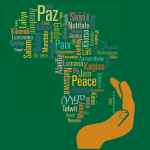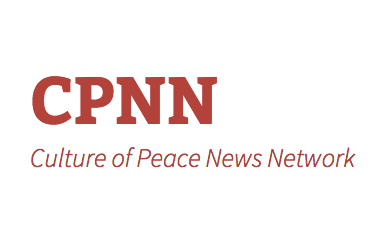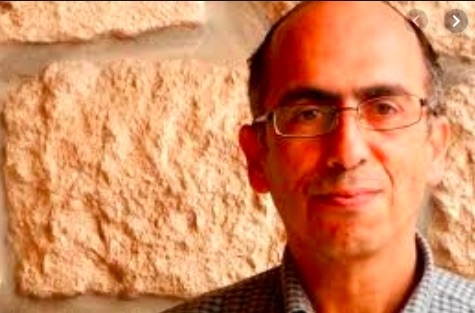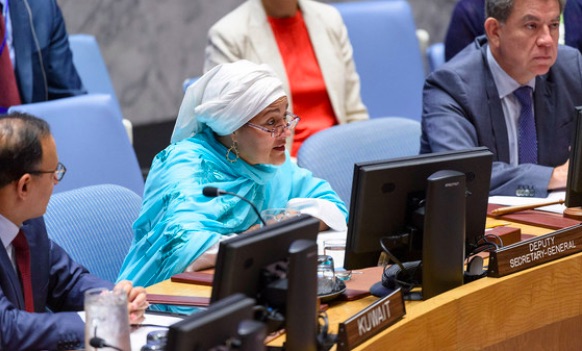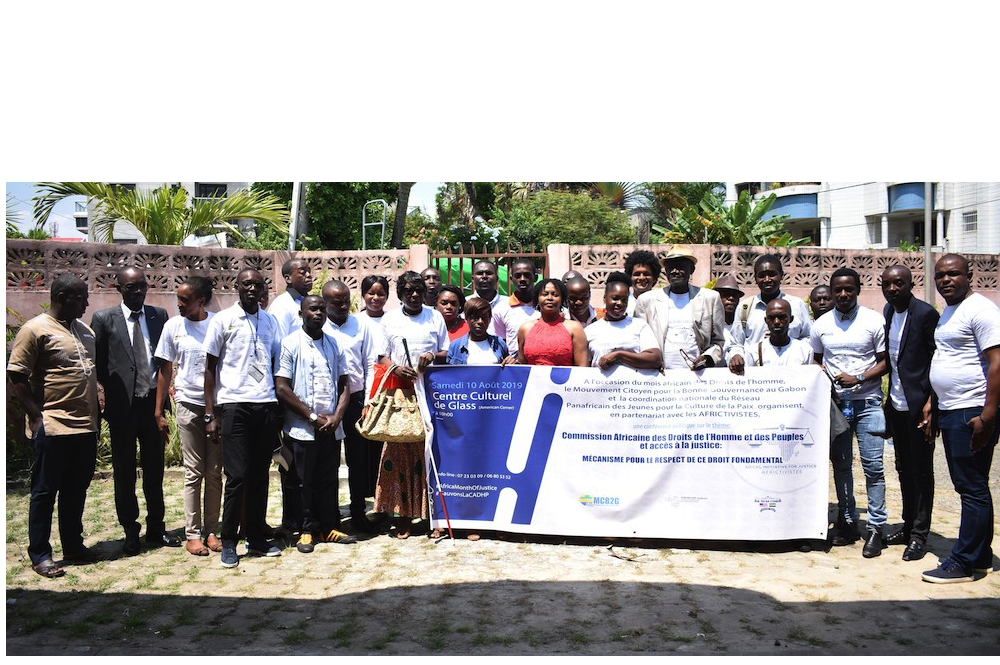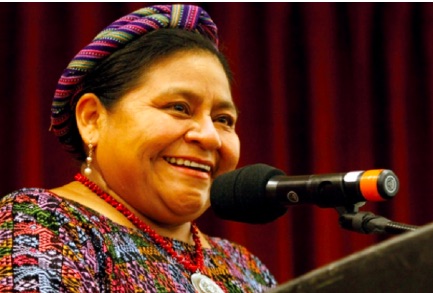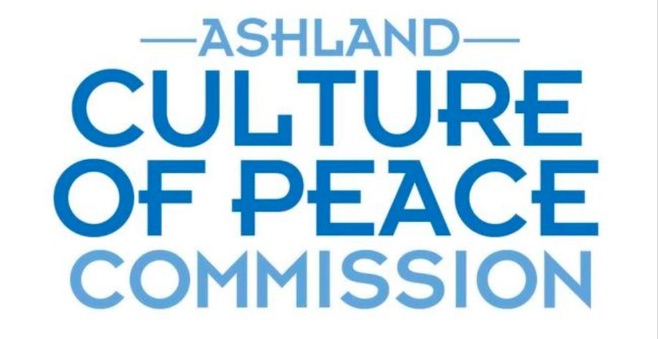HOPE FOR PEACE IN THE HOLY LAND
If we look at the news and consider only the short-term, peace seems very distant between Israelis and Palestinians. But if we take a long-term historical view, there is reason to hope.
We begin with the short-term news.
The first two Muslim-American women in Congress, Reps. Ilhan Omar and Rashida Tlaib were barred from visiting Israel and the Occupied Territories, presumably because they support the non-violent Boycott, Divestment, and Sanctions (BDS) Movement. Commenting on this, Richard Falk, former United Nations Special Rapporteur on the situation of human rights in the Palestinian occupied territories, remarks that this was due to the “unhealthy relationship” that has evolved between the US and Israeli Presidents Trump and Netanyahu. For example, Trump had tweeted that Ilhan Omar and Rashid Tlaib, hate Israel and all Jews.
Also in recent news, Democracy Now featured an interview with a Palestinian girl, Janna Jihad, who, at the age of 13 years, continues to expose the Israeli occupation of Gaza. She started telling stories about her home of Nabi Saleh when she was only 7, after her cousin and her uncle were killed in the village. Since then, Janna has shared countless videos about Palestinian resistance with viewers around the world, on Twitter, on YouTube, on Facebook, garnering tens of thousands of followers. Asked by Amy what she thought could be the solution, Janna replied “For me, the one-state solution is the solution that would work. It can be that all of us could live together, same rights, under one government, getting exactly the same rights, me like the same as any other person. And all the refugees could come back to Palestine. All the people could live in peace, just in equality.”
There is more hope if we look at the long-term.
Dr. Bahan Bastani traces the history of cultural interactions between Islam and Judaism, Muslims and Jews. He reminds us that during the Golden Age of Islamic Civilization, 9th-12th centuries, both the Muslim and the Jewish civilizations flourished in the Islamic centers of higher learning in Baghdad and al-Andalusia-Spain, and the Muslim territories was safe heaven for the Jewry of the world. In the fertile multicultural environment of al-Andulus, the Jewish and Muslim scholars made significant strides in astronomy, astrology, optics, geometry, medicine, philosophy, and literary works. Also, when Spain fell under the Spanish Catholic rule in 1492 and the Jews were being persecuted, it was the Ottoman Empire that send ships to rescue the Jews from Spain into the Muslim territories. For the following three centuries, the Jews in the Turkish Muslim Ottoman Empire ascended to high positions as court physicians and as foreign diplomats.
An even longer term view is taken by the Palestinian Dr. Mazin Qumsiyeh who traces the history of the Land of Canaan. He begins with the dawn of civilization which took place in this region when people went from hunter-gatherers to agricultural communities. For the first 12,000 years there was very little conflict. “Palestine was multiethnic, multireligious, multicultural and multilingual society.”
If you go back before the present conflict, you would go to the Crusaders, 1190 AD. Like the present conflict, that, too, came from outside.” But, as Qumsiyeh says, “the patient is not hopeless . . . in biology when I look at the forest and I see one species dominate I don’t say this is a healthy forest. I say this is unhealthy, it’s going to decline. The strength comes from diversity, so we say that’s what will happen here and that’s another reason why I’m optimistic – we fight for equality and to maintain the country the way it was supposed to be: multi-ethnic multi-cultural and multi-religious.
Looking at the present times, Rabbi Michael Lerner says it compounds the problem to say simply that “Israel is a racist society and most Israelis are racists.” Instead of dismissing those who disagree, leftist activists need to understand the historical origins of Zionist attitudes, coming not only from the Holocaust, but also the experience of Jews from former Communist countries and those coming from Arab countries who were disrespected by Jews of European origin. He concludes “The outrageous actions of the Jewish majority in becoming oppressors of the Palestinians will remain, for thousands of years into the future, one of the most disgraceful moments in Jewish history. But it won’t be overturned until we can develop a new politics of compassion for both sides, and a renewed belief that people can be reached if we start from a perspective of respect and caring for them, even when we disagree with their current political proclivities.”
As long-time peace activists Len and Libby Traubman have put it: “An enemy is one whose story we have not heard.”
“Can Zionism be redeemed?” The question is explored by Tikkun writer Yehezkel Landau. He sees hope in the mutual struggle of Israelis and Palestinians against the degradation of the environment as exemplified in the annual climate march. “When it was first organized five years ago, some 200 people took part. This year over 5,000 people marched, Palestinian and Jewish citizens from all over Israel. They carried banners proclaiming mutual solidarity in the face of environmental threats and the need to work together to ensure a common future. . . We need more signs of hope like these to boost our spirits and motivate action, within our respective communities and across boundaries.”
Meanwhile, the struggle for justice goes on. Omar Barghouti, a founding member of the Palestinian Campaign for the Academic and Cultural Boycott of Israel and a co-founder of the Boycott, Divestment and Sanctions (BDS) movement, urges support for the BDS in the face of attempts by the US Congress to suppress it. He reminds us that “BDS calls for Palestinian liberation on terms of full equality with Israelis and categorically opposes all forms of racism, including anti-Semitism.” And he concludes that “Our hope remains alive as we witness an inspiring shift in public opinion in favor of Palestinian human rights.”
| TOLERANCE AND SOLIDARITY
Manifesto on diversity: the Land of Canaan |
SUSTAINABLE DEVELOPMENT
Kazakh capital to host 2019 UNWTO Urban Tourism Global Summit on SDGs |
WOMEN’S EQUALITY
Voices of Afghan women ‘must be heard at the table in the peace process and beyond’ |
EDUCATION FOR PEACE
Colombia: Barranquilla will host the first Ibero-American Education Congress |
| DISARMAMENT AND SECURITY
The Americas are preparing for the second World March for Peace and Nonviolence |
HUMAN RIGHTS | FREE FLOW OF INFORMATION
|
DEMOCRATIC PARTICIPATION
Building infrastructures for peace |
